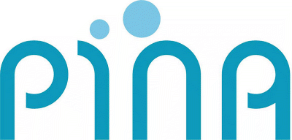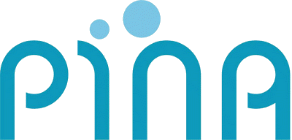Research Ethics
In order to research cognition, education, development and pedagogical interaction, we conduct scientific studies that include children. Having children participate in studies puts great responsibility on the researchers. Therefore, children and their best interests are at the heart of our scientific work and care. We ensure:
1. Voluntary participation, information and declaration of consent
Children and their legal guardians decide whether they want to participate in our studies or not. If studies are conducted in early childhood education and care facilities, childcare workers and educators also decide on study participation. A signed declaration of consent of both participating educators and legal guardians on behalf of their children is required for participating in our studies. To this end, all parties receive detailed information on the research project and data protection, both verbally and in writing. They can withdraw their consent at any time. This will not be to the detriment of any party involved.
2. Self-Commitment of Researchers
Members of the University of Applied Sciences Potsdam and the University of Potsdam (including students, student assistants, interns, and freelancers) are bound by the Convention on the Rights of the Child (UN-CRC). The rights of children are not only subject to study in both teaching and research (e.g. in the M.A. Early Childhood Research and the M.A. Childhood Studies and Children’s Rights programmes), but we also want to ensure the best protection possible of children’s rights in our everyday research and teaching. Therefore, our scientists must present a police clearance certificate when they have contact with children as part of our studies. They sign a declaration on children safeguarding and data protection.
3. Data Protection
Only children whose legal guardians have given their written consent may participate in our studies. Consent can be withdrawn at any time by writing an email to… We will then delete all contact information. Consent Withdrawal can also be retroactive; the data deletion then refers to all personal data.
Study participants have the right to obtain complete information about the data we have stored about them or their children. Videos and questionnaires are stored exclusively on secure data carriers belonging to the institute and will not be passed on to any third parties.
Personal data is analysed and archived under the General Data Protection Regulation (GDPR) and the Data Protection Law of Brandenburg (Art. 89 DSGVO, §25 BbgDSG). We will only collect data that is necessary to answer our research questions. The original data analysis (e.g. questionnaires, videos) is done anonymously or pseudonymously.
If you have questions concerning data protection, please contact us via mail.
4. Transparency of Research Results
Results of our research will be presented at conferences and published in scientific, practice-oriented and popular science publications. We will make use of data in an aggregated and anonymous way. We may show individual anonymous quotes of study participants or show video sequences that have not been altered to illustrate research situations.
Apart from gaining scientific insight, our research projects also aim at exchange between science and practice. That is why we make use of selected video sequences and anonymised data in our lectures in order to illustrate scientific methods to students. Pictures and/or audio material will not be used if usage could violate personality rights of involved parties.



